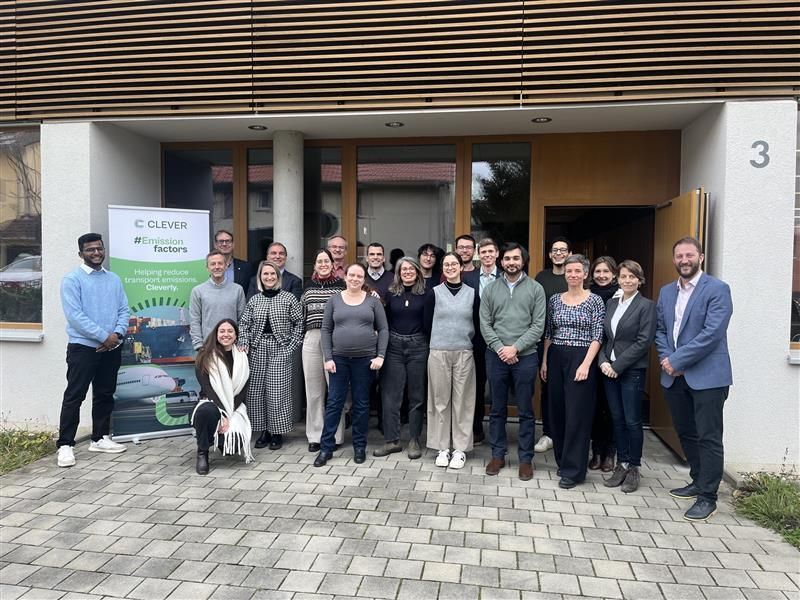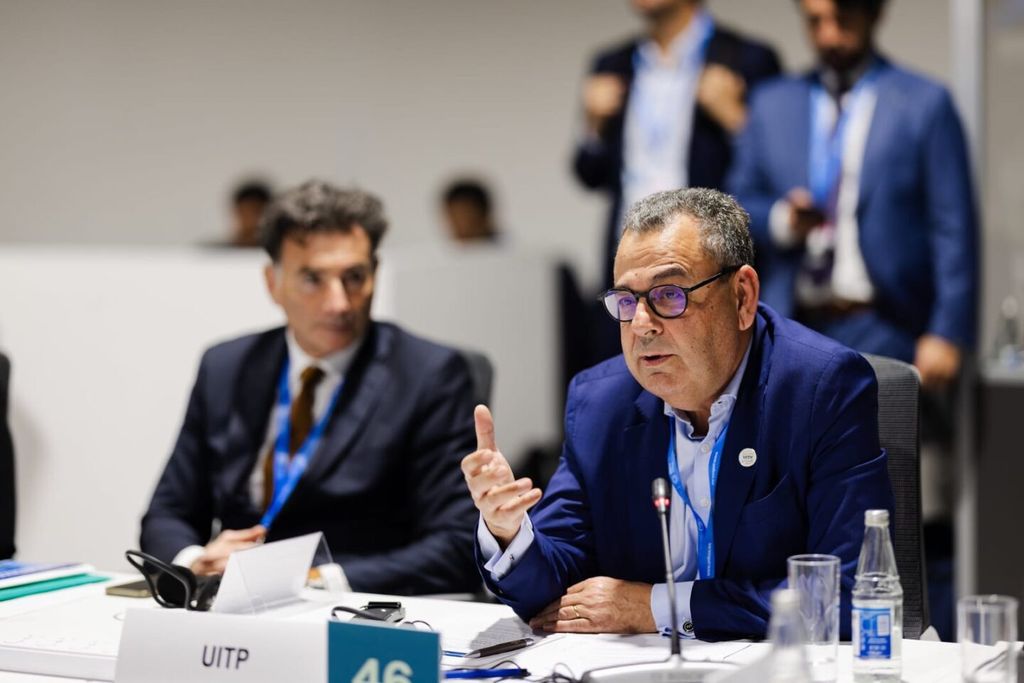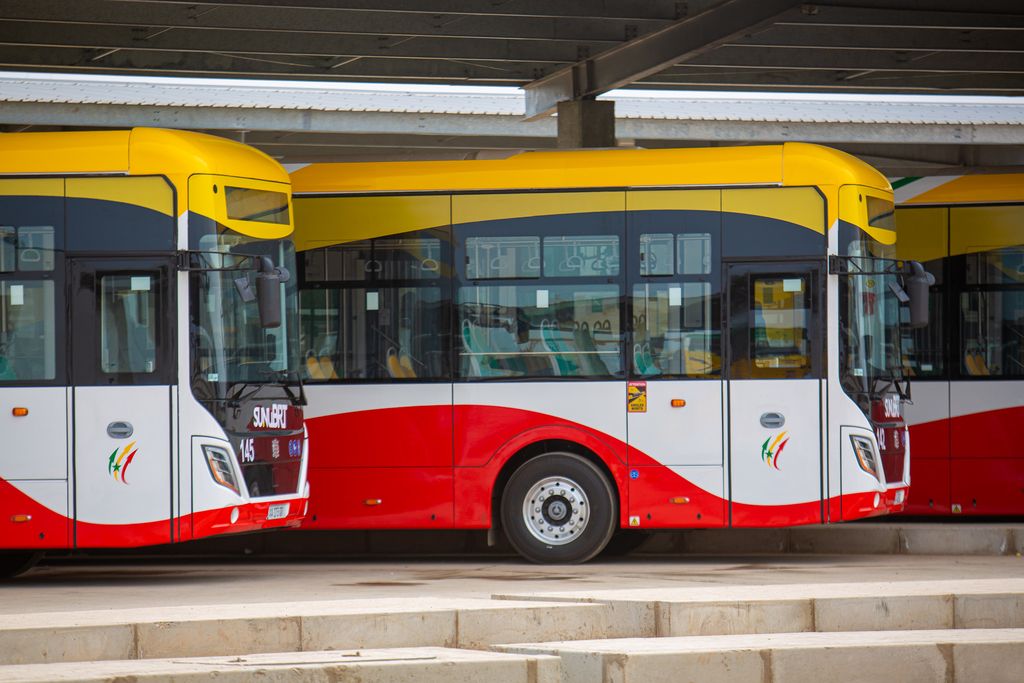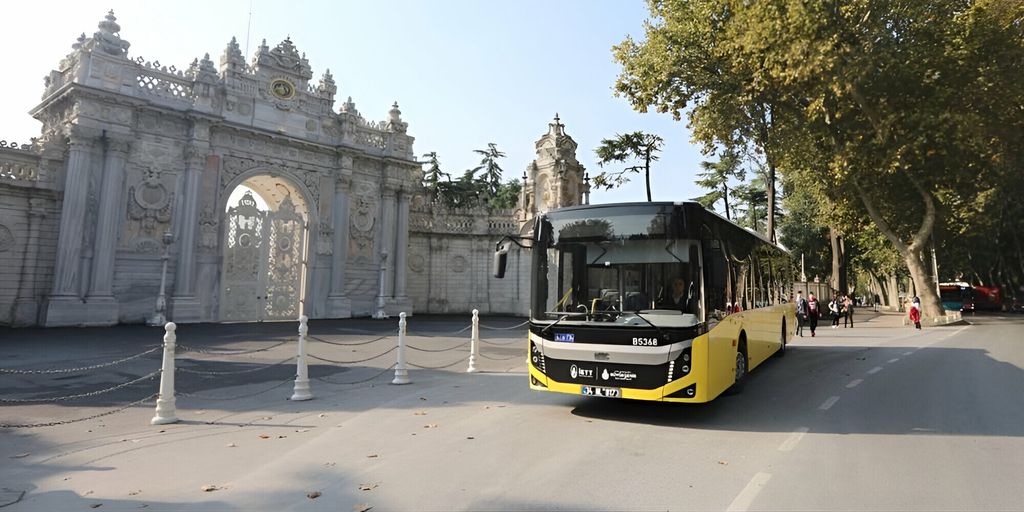
Fuel Cell Technology: A solution for decarbonising our transport networks
Towards a sustainable transport
As we continue our fight with the ‘Back to Better Mobility’campaign, the European Commission has recently published the EU hydrogen strategy. The strategy supports decarbonisation of the transport industry with strategic investments in hydrogen ecosystem in Europe, further supporting achievements of the Sustainable Development Goals and the objectives of the Paris Agreement of which UITP is committed to.
UITP is a partner of the EU-funded JIVE and JIVE 2 projects, which started in January 2017 and January 2018, respectively. These project will deploy nearly 290 zero emission fuel cell buses and associated infrastructure (under the MEHRLIN project) in 20 cities across Europe by early 2020s. This will be the the largest fuel cell bus deployment in Europe to date!
Fuel cell buses are electric busesthat include both a fuel cell and a battery. In such hybrid architecture, the fuel cell provides energy to keep the batteries charged, works with the batteries to provide peak traction power, and provides the energy necessary for the bus auxiliary loads. The fuel cell uses hydrogen to generate electricity and leaves only water and heat as by-products. Due to the short refuelling times and long range of the vehicles, hydrogen fuel cell buses are one of the few viable options for decarbonising public transport networks.
“Clean buses offer an important role in transforming our cities into more liveable and healthy places. For many years now, UITP has been following and supporting the development and deployment of different clean bus solutions. The level of maturity reached today by fuel cell technologies should be recognised as one of the main solutions for zero emission buses”
Fuel Cell Buses Knowledge Brief
And the first of its kind from UITP, we have published a Knowledge Brief in partnership with the JIVE and JIVE 2project partners offering an expert account of fuel cell bus deployment. Fuel cell buses: Best practices and commercialisation approaches provides a much needed insight for public transport operators and authorities. Using a practical approach to understand the fuel cell bus solution, thekey elements of fuel cell bus deployment are highlighted.
“The JIVE and JIVE 2 projects support the commercialisation of fuel cell bus technology to become a more mainstream option in city transport networks. I believe this document provides key lessons for public transport operators and authorities to ease their plans in adding fuel cell buses into their city bus fleets”, Efe Usanmaz, Manager – Knowledge & Innovation & UITP Project Manager for JIVE & JIVE 2.
At a time when we are refusing to return to ‘pre-COVID normality’, we need viable solutions to ensure we go back to better mobility!
Download the Knowledge Brief here
French, Spanish, Portuguese, Italian, German, Hungarian, Polish and Danish translations will follow shortly – so keep an eye out for updates!
UITP is a proud supporter of clean bus technologies for sustainable mobility, as witnessed by our participation in many other initiatives alongside JIVE. Since last year, UITP manages the Clean Bus Europe Platform, an initiative under the European Commission’s Clean Bus Deployment Initiative that aims to support the deployment of clean bus technologies – including fuel cell technology – across Europe. Find out more about the platform here!
Interested in hearing more about the bus sector?UITP’s India bus seminar will take place online, from 24-27 August. Learn more from operators and industry players in the region about topics from AI to planning and designing electric bus systems. Find out more here!
become a member










